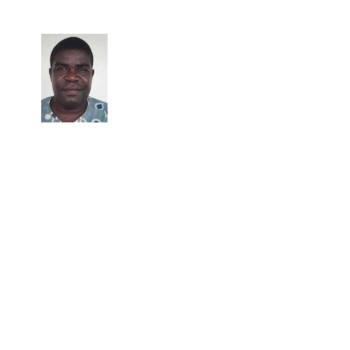Students’ attitudes and achievement during biology practical lessons from two districts of Oti Region.

Students’ attitudes and achievement during biology practical lessons from two districts of Oti Region.
Abstract The purpose of this study was to determine the attitudes (expectations and reactions) and achievement of Second Year Home Economics students during biology practical lessons using Traditional Laboratory Approach (TLA) and Multimedia Laboratory Approach (MLA) in three topics in two Districts of Oti Region, Ghana. Quasi-experimental research design using pretest-posttest nonequivalent design was employed. The schools were selected based on performance in the three topics at the end of a preliminary investigation. In all, 50 students representing two intact classes participated in the study and were assigned randomly to each of the two practical approaches. Instruments used to collect data were Attitude Measuring Scale (AMS), Students’ Knowledge in basic Biology Practical Concept Test (SKbBPCT) and Home Economics Students Achievement in Practical Biology Test (HESAPBT). Mean and standard deviation were calculated using IBM SPSS Statistics version 25. Results indicated that students who took part in TLA and MLA all exhibited satisfactory attitudes towards biology practical teaching and this resulted in improved performance. However, MLA group performed better than TLA group in two topics (biological drawing and orientation, section & body symmetry). It is therefore recommended that biology teachers in the two Districts be trained to use MLA to teach practical lessons for these two topics. Keywords: Attitudes; Achievement; Teaching of Biology Practical; Multimedia Laboratory Approach; Traditional Laboratory Approach
